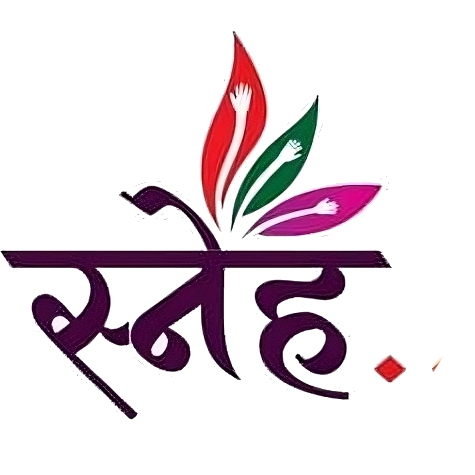The Challenge
UNESCO – 2016
87% children under the age of six are not enrolled in Pre-Primary Education in India.
SSA, Budget Briefs (14-15)
81% seats reserved for economically weaker section not filled in private schools under RTE 25 policy in Maharashtra
ASER State Report – 2015
62% Children in Class 3 not able to read Class 1 text in Maharashtra.
In spite of the landmark regulation of Right to Education (RTE), act 2009 by the government of India, the social infrastructure of the education system, the overall quality of education, and the learning outcomes among children fails to impress. The situation is particularly bleak at the Pre-Primary level which is not acknowledged as part of elementary education in India. Research has shown the profound importance of early childhood education specifically in the age group of three to six years and its impact on the life outcomes. Children from economically weaker sections who are enrolled to primary education in government schools at the age of six or seven falls behind their peers who have a higher socio-economic status and are exposed to quality kindergarten education in private schools.
SNEH Solution
In our field research in the marginalized communities around Pune and PCMC, we found out that a majority of families were aware of pre-primary education and its benefits however they fail to enroll their children to schools as the kindergarten education system is dominated by private schools and kindergarten school chains which are extremely expensive and beyond the reach of economically weaker sections (EWS).
We then started working with Anganwadi centers, managed under ICDS, a government program to provide preschool education to EWS. However, apart from preprimary education Anganwadis focus on other complex issues such as malnutrition and primary healthcare hence the emphasis on early childhood education is diluted. While we were analyzing our theory of change came the moment of epiphany. We found out about the RTE 25 policy which stated that
“Private schools to reserve at least 25 percent of the strength of the class for children belonging to weaker sections and disadvantaged groups in the neighborhood and provide free and compulsory education till completion.”
SNEH initiated its first preschool in the summer of 2013 with a mission to not only provide low-cost quality preprimary English medium education to the children from disadvantaged backgrounds but also to enroll each child graduating from SNEH Pre School to private schools under RTE 25 policy. We now have 5 SNEH Pre Schools up and running in five different marginalized communities of Pune and PCMC reaching out to 400+ children. At SNEH Pre Schools we ensure that:
- The children from the most marginalized backgrounds are enrolled.
- Curriculum and teaching methodology is at par with our private counterparts with a focus on activity-based learning.
- Early literacy with a strong focus on multiple intelligence, holistic development, and experiential learning
- Parents are made aware of the significance of not only early childhood education but also primary, secondary and higher education.
- Children receive proper nourishment with timely vaccinations at Anganwadis and medical checkups at SNEH preschool.
- Family and community development
- The safe and stimulating learning environment for students as well as their parents
Impact
100% children passing out from SNEH Pre Schools are enrolled in elementary education.
Almost 98% of children were enrolled to the reputed ICSE and CBSE schools under RTE 25 in 2016-17.
100% of children from SNEH preschool were early literates at the end of three years at SNEH preschool. Early literacy is the foundation for primary and secondary education.
200+ community members were made aware of RTE policy and its benefits in 2016-17.
500+ families till now were given awareness sessions on the importance of education, effective child rearing, low-cost nutritious recipes, the importance of dealing with health issues, govt. health facilities, documentation required for RTE admissions, etc.
